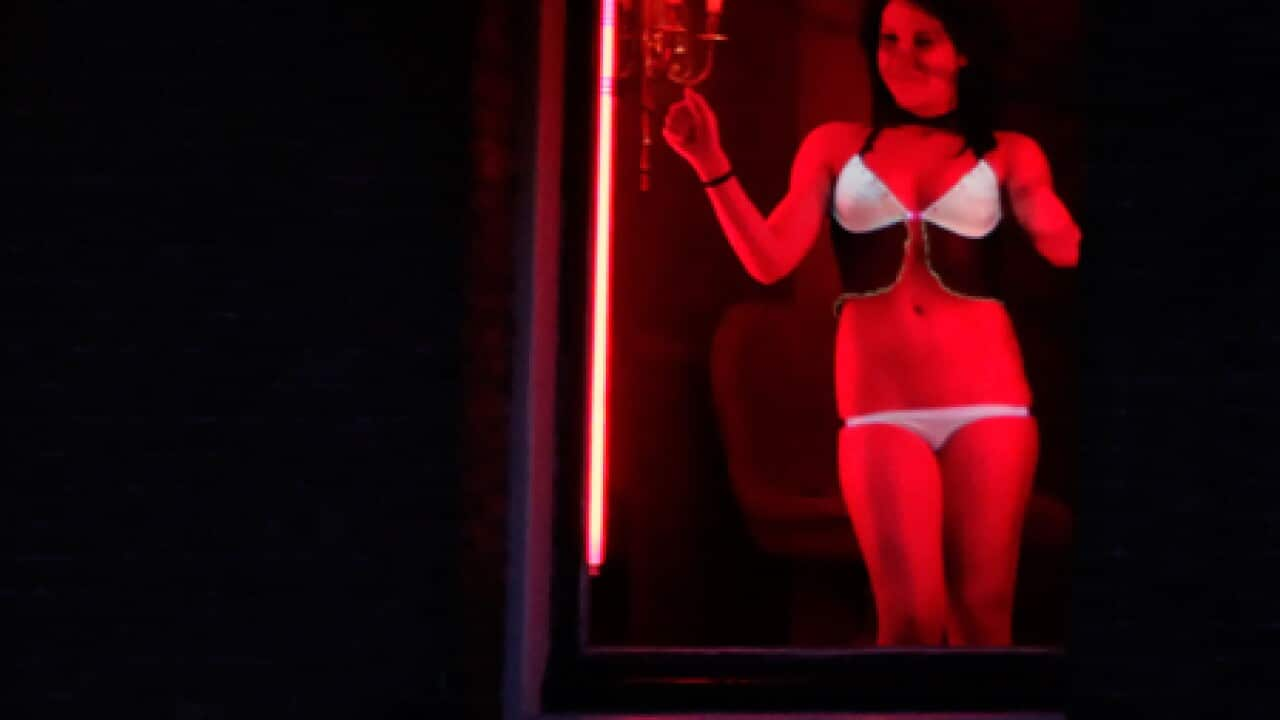Workers in the world's oldest profession are about to get a lesson in the harsh reality of Europe's new age of austerity.
Amid budget cuts and falling revenues, the Dutch government has warned prostitutes in Amsterdam's famed red light district to expect a business-only visit from the taxman sometime this year.
Prostitution has flourished in Amsterdam since the 1600s, when the Netherlands was a major naval power and sailors swaggered into the city's port looking for a good time.
The country legalised the practice a decade ago, but authorities are only now getting around to looking to sex workers for taxes.
"We have been collecting tax (from sex workers) in recent years but not on that great a scale," said Oscar Brenninkmeijer, an official from the country's Tax Authority.
"We don't know a substantial number of the ladies in the business as they come from abroad and other parts of Europe," he added.
Prostitutes were told they would be audited in typically bureaucratic fashion, with a notice addressed "to landlords and window prostitutes in Amsterdam" published last week in the city's main newspaper.
The move is meeting with little formal opposition, even among prostitutes, though some are sceptical it can be enforced.
However, Mariska Majoor, a former sex worker who now runs an information centre for prostitutes, said many sex workers, in her experience, fear losing their anonymity, which could result in a nationwide database.
Although the Netherlands has weathered the fallout from the 2008 financial crisis better than many countries, the government ran a deficit of six percent in 2010 and is cutting spending and hiking taxes in hopes of balancing the budget by 2015.
Though the Dutch state is not going to fill its coffers just by taxing prostitutes, the sex trade is a serious industry that went almost entirely untaxed until legalisation.
The Central Bureau of Statistics estimates prostitution generates 865 (m) million US dollars in annual turnover, or a little less than 65 US dollars per person in a country of 16 (m) million, though many customers are tourists.
Under Dutch law, prostitutes should be charging 19 percent sales tax on each transaction.
Customers typically pay 65 US dollars for a 15 minute session.
In addition, after-expense profits are personal income, taxed at anywhere from 33 percent for someone making less than 23-thousand US dollars per year to 52 percent for people making more than 70-thousand US dollars.
Nobody knows exactly how many prostitutes there are or how many of them pay tax, since legal ones are registered as one-women businesses, not brothels.
But an Amsterdam-chartered study in October estimated there are slightly fewer than eight-thousand prostitutes of all kinds in the city, and three-thousand working behind windows.
An industry think-tank called the SOR Institute believes around 40 percent of window prostitutes already pay some income tax.

